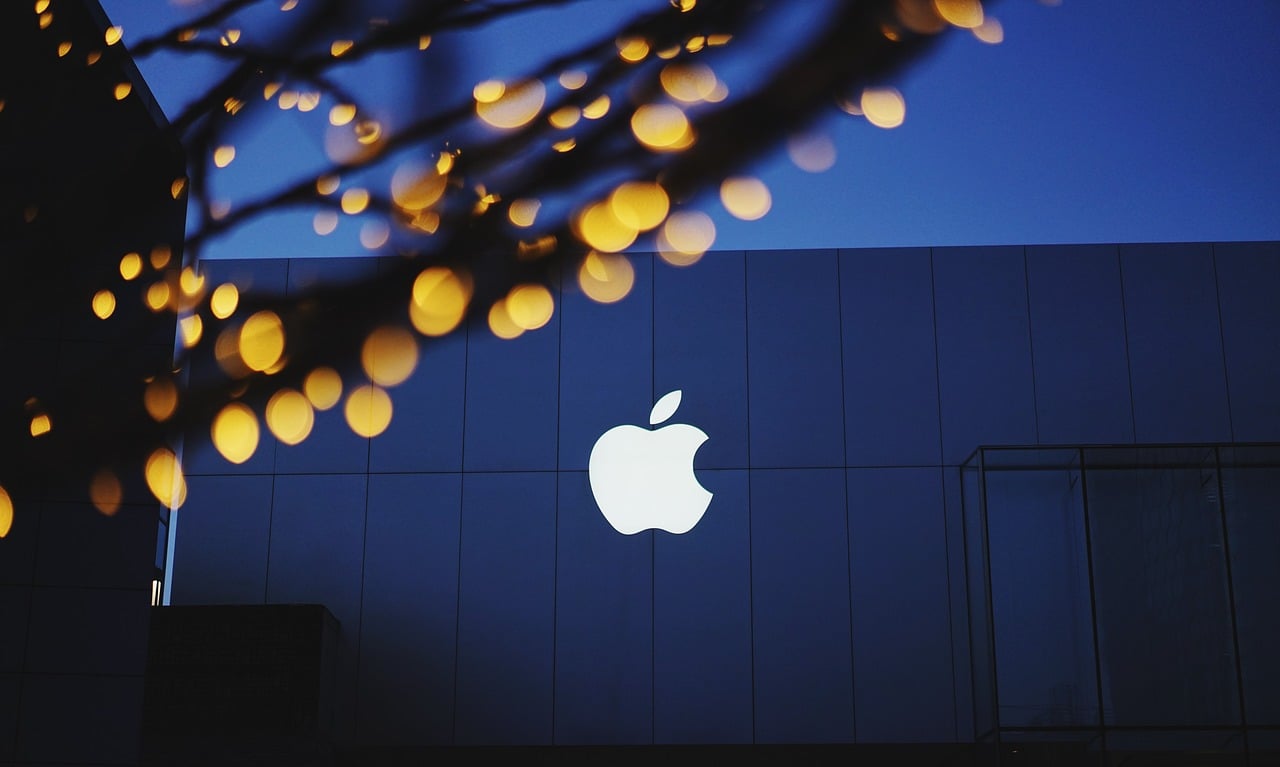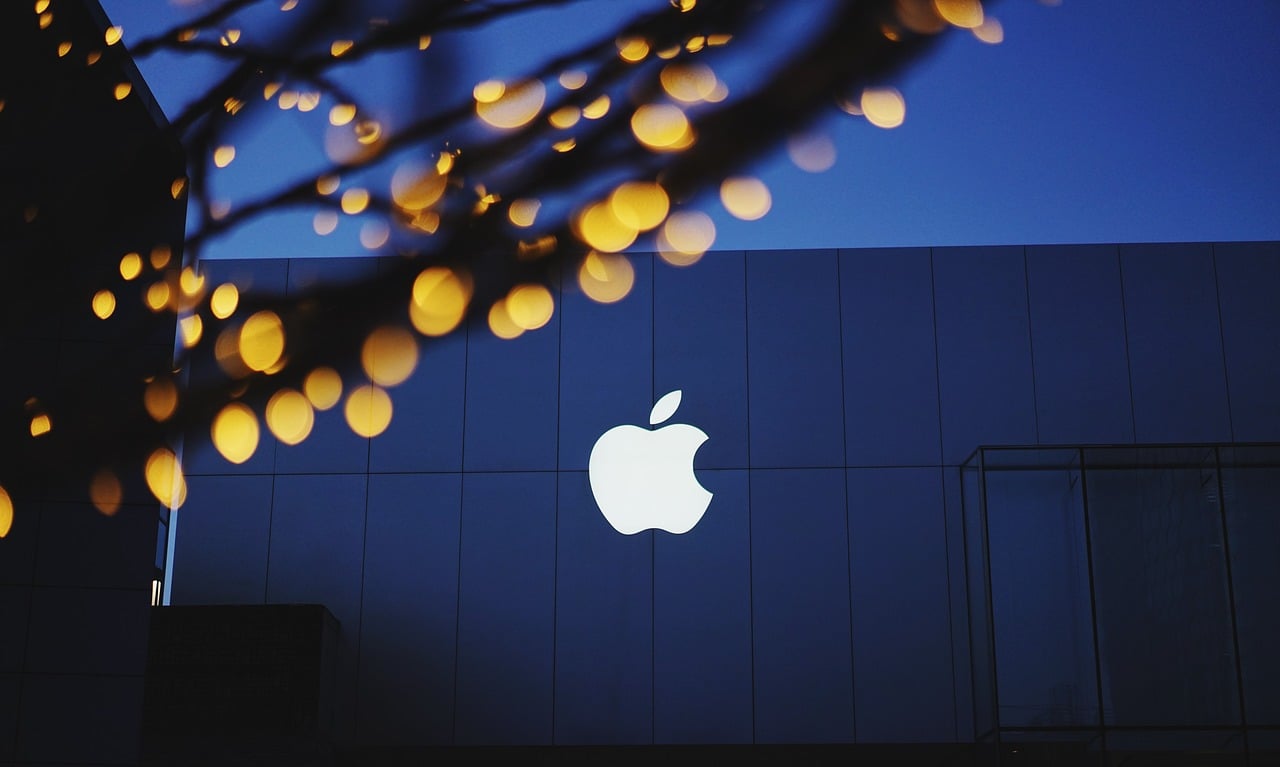
Apple is greatly expanding NFC functionality with the iOS 13 update. The NFC feature would now be able to scan diverse NFC tags, including the one found in Japanese national identity cards.
Growing useful for government agencies
Japan introduced the identity cards named “My Number” (in Japanese) and “Individual Number Cards” (in English) back in 2015 with a numerical ID system. As per the Japan Agency for Local Authority Information Systems, My Number assigns a specific number to residents in order to “improve administrative efficiency, enhance public convenience, and realize a fairer and more just society.”
Once the number is linked to the state agencies, they can manage functions such as taxation, child services, social security and so on. This helps in eliminating the need for hefty paperwork. Further, the system also assists the government to streamline access to several national and local services. Carrying the card is not mandatory though.
The card is equipped with an NFC tag that can be identified by a new government app. By scanning the NFC tag, it is possible to store personal information on the device. Although some Android phones already support the feature, Apple is adding the functionality only now.
Japan has a wide user base of iPhone users, so it was only natural for Apple to come up with such NFC functionality with the iOS 13 update. According to a Nikkei report, the development was confirmed by Masanori Kusunoki, Executive advisor to the Government Chief Information Officer.
In a tweet, Kusunoki confirmed the new functionality, saying that iPhone owners would be able to scan the NFC tag on their My Number Card after the iOS 13 update.
A couple of months back, Apple agreed to make the iPhone’s NFC stack available to a UK government’s Brexit app. The app assists citizens in confirming their status regarding citizenship status.
Apple’s decision to make available the NFC functionality for the Brexit app came after months of negotiations.
“I’ve had numerous conversations with Apple at the highest levels to ensure everyone can use the app,” UK Home Secretary Sajid Javid said at the end of March, according to The Guardian. “Together we’ve been working hard to find a solution that will allow the app to work on their devices.
When the Brexit app was first announced in 2018, the iPhones were found to be incompatible. Then in November, the UK government blamed Apple for the issue, saying Apple is thwarting iPhone’s NFC functionality for passport chip scanning.
NFC functionality with iOS 13 – what’s new?
With iOS 13, Apple is also expanding the scope of NFC functionality. Users with compatible iPhones can link the NFC tags with the Shortcuts app. This means that iPhone users would be allowed to run any shortcut by simply tapping the iPhone onto an NFC sticker. Also, the NFC Shortcuts would also let users connect to a specific AirPlay destination.
For instance, to listen to a podcast, one does not need to perform the lengthy steps of waking up the phone, select the playlist and find the latest episode to play. With NFC tags, the user can simply tap the phone on the speaker to play the podcast.
The Cupertino, California-based company has only recently added an automation section in the Shortcuts app. The automation allows users to run a shortcut automatically based on certain events such as reaching or leaving a location, activating the Airplane Mode/switching off Wi-fi and so on, tapping on an NFC tag, launching an app, or time based triggers.
Other uses of automation could be video apps automatically connecting with an AirPlay speaker, controlling the lights, volume settings on an iPad and so on.
Earlier this month, Apple previewed iOS 13, giving a sneak peek into the new OS. Notable features are the Dark Mode, more options to browse, edit photos, sign in to apps and websites, and new and improved maps.
Apple has also improved existing features such as Messages, Siri, CarPlay, HomePod, Reminders, Voice Control, Notes and so on. Further, the iOS 13 is faster and more responsive than the previous OS in performing functions such as app launch, Face ID and more.
“iOS 13 brings new capabilities to the apps you use every day, with rich updates to Photos and Maps, and privacy-protecting features like Sign In with Apple, all while delivering faster performance,” Apple says.





